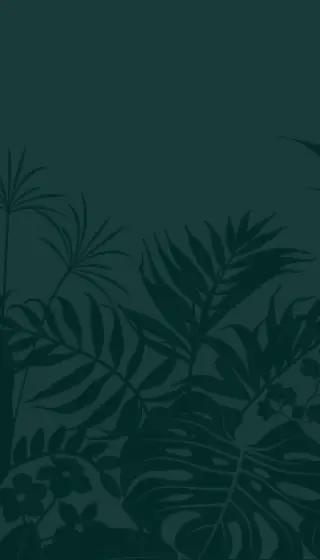



Vancouver coastal sea wolf, Vancouver coastal island wolf, Sea wolf
The Vancouver Coastal Sea wolf or Vancouver Coastal Island wolf (Canis lupus crassodon ) is a subspecies of grey wolf, found along the Pacific Coast of Canada. These are one of the shyest and most elusive creatures rarely seen by humans. They are popularly known as Sea wolves. Vancouver has two types of coastal wolves: the island Sea wolves, are different from mainland coastal wolves.
Coastal wolves are similar in size and appearance to their relative, the Grey wolf. Their fur is usually a mix of grey, brown, and black. Occasionally, their coats can be pure white in color.





These rare wolves can be found only in Great Bear Rainforest and northern Vancouver Island within the Pacific Northwest Coast of North America. They live in large remote forest moving along shoreline and swimming among many forested islands and archipelagos.


Coastal wolves live in packs of about five to twenty individuals. Each pack has the leaders - the alpha male and the alpha female. They are fast, powerful distance swimmers and move stealthily in the water, their backs and bodies submerged and with only their eyes, ears, and snouts peeking above the surface. There are packs living on the big island off the coast, which is 13 km (8.1 mi) from Bella Bella community, and there is no way for wolves to get there except to swim. Many of them migrate through the archipelago, swimming from island to island throughout the year. At times, they follow the salmon, but other times they show up even when there are no salmon to be found. This is because coastal wolves have a diverse diet, which a recent study found to be up to 90 percent marine-based.
Coastal wolves are carnivores (piscivores). Their main food source is fish, with salmon accounting for nearly a quarter of that. They also forage on barnacles, clams, herring eggs, seals, river otters, and whale carcasses. These wolves will also commonly feed on deer and small mammals, and also, surprisingly, eat shellfish. Using their paws, they dig in the sand for clams and use their powerful jaws to crack open the shells of mussels.
Little is known about the reproductive behavior of Vancouver Coastal Sea wolves. In general, Grey wolves are monogamous, and mated pairs usually remain together for life. The gestation period lasts 62-75 days with pups usually being born in the spring months or early summer in very cold places such as on the tundra. Young females give birth to 4-5 pups and older females from 6 to 8 young and up to 14. Pups are born blind and deaf and are covered in short soft grayish-brown fur. They begin to see after nine to 12 days and first leave the den after 3 weeks. At one-and-a-half months of age, they are agile enough to flee from danger. Mother wolves do not leave the den for the first few weeks, relying on the fathers to provide food for them and their young. Pups begin to eat solid food at the age of 3-4 weeks. By autumn, they become mature enough to accompany the adults on hunts for large prey. Wolves become mature at the age of 2 years and reproductively mature from the age of 3 years.
Coastal wolves are threatened by hunting, and trapping. The loss of their native forest is another serious threat that makes it easier for hunters to reach these elusive mystical creatures.
The IUCN Red List and other sources don’t provide the number of the Vancouver Coastal Sea wolf total population size. As a whole, the Grey wolf species is relatively widespread throughout its native range. Currently, the Grey wolf species is classified as Least Concern (LC) on the IUCN Red List, and its numbers today are stable.